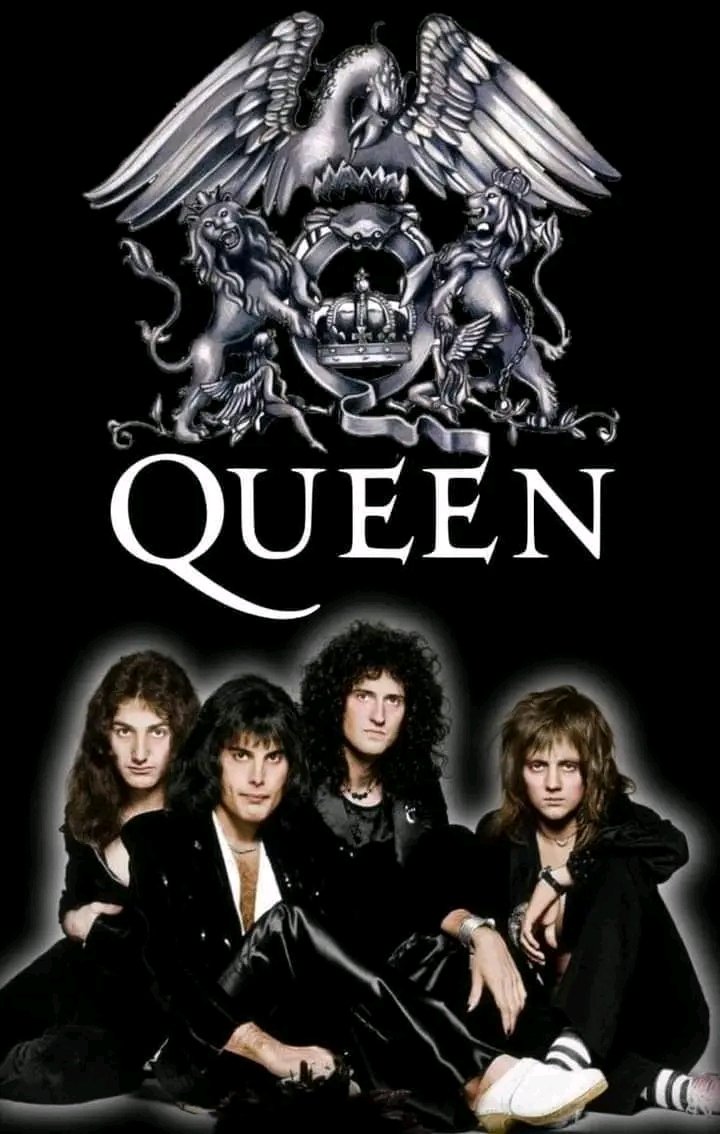Of all the songs to come to mind when one thinks about Queen, “Bohemian Rhapsody” is certainly toward the top of the list, which inevitably pushes the song that Brian May considers to be the “antithesis” of their career-defining hit toward the bottom of the pile in the “deep cut” section. So it goes—an artist’s favorite song on an album won’t always be the one that gets the most radio play.
For the Queen guitarist, he gets some measure of solace knowing that the band’s true fans appreciate the song for the “encyclopedia of Queen” he believes it to be.
The “Antithesis” Of “Bohemian Rhapsody”
Although some rock cuts have come close, Queen’s 1975 magnum opus, “Bohemian Rhapsody,” stands alone among music of the 20th (and, let’s be honest, 21st) centuries. From its distinct, separate parts, which range from powerful rock ‘n’ roll to utter whimsy, to Freddie Mercury’s expectedly incredible vocal performance, the song is a bona fide classic that has endured long past its mid-70s release. The song is easily one of Queen’s most signature tracks.
However, in an interview with Vulture, Queen guitarist Brian May revealed that he always felt like another track from A Night at the Opera didn’t get its due credit. This deep cut, May argued, was just as good as “Bohemian Rhapsody.” Moreover, he considered the song to be the antithesis of their sprawling hit single and included it in his list of a “million things” he wished the public paid more attention to. According to May, “The Prophet’s Song” was as much a signature hit as “Bohemian Rhapsody.”
“We always thought they were both major works,” May explained. “But “Bohemian Rhapsody” got picked up by radio, and it became the flagship song. Only a few people who are very into the depths of Queen through the years are really aware of what “The Prophet’s Song” means. I’m not going to say I’m unhappy because it’s okay. It really is. The people who are into that stuff are very into it. They understand it, and they get it. They would regard “The Prophet’s Song” as much of an encyclopedia of Queen as “Bohemian Rhapsody” was on the other side.”
A Lengthy Prog Rock Brian May Composition
Queen released two singles from their fourth album, A Night at the Opera, both of which have been canonized as some of Queen’s most iconic cuts. The first, obviously, was “Bohemian Rhapsody,” followed by the heartwarming “You’re My Best Friend.” The band tucked both of these tracks into the meat of either side of the album, with either single serving as the fourth track to the B-side and A-side, respectively. The song Queen guitarist Brian May argues should have been as monumental as “Bohemian Rhapsody” was, ironically, the B-side opener, front and center.
Of course, it would make sense that May feels a sense of ownership over “The Prophet’s Song.” Most notably, he was the one who wrote it. But as the longest Queen song ever recorded, “The Prophet’s Song” also served as a shining example of the band’s willingness to experiment with instrumentation, arrangements, and musical style—not dissimilarly to Freddie Mercury’s “Bohemian Rhapsody.”
Ultimately, May told Vulture, “Among the hits, I’m happy for them all. I’m getting all esoteric about the deep tracks of Queen. But you can’t knock having a hit. You can’t argue with the fact that a hit gets to people, and it becomes embedded in their lives forever.”
